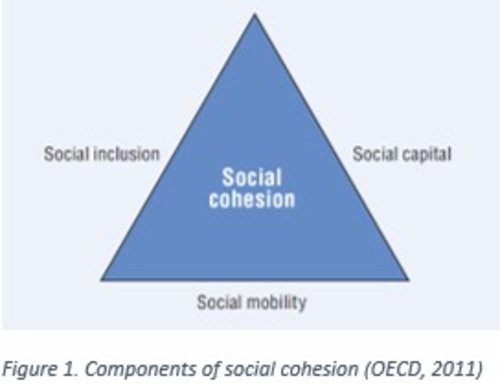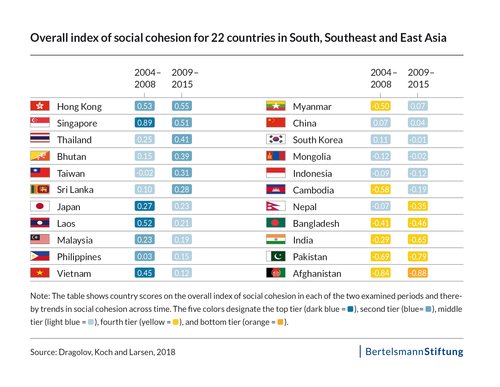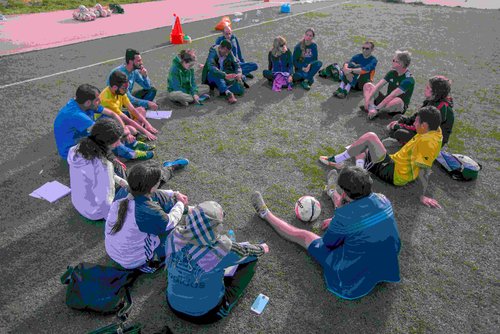What role do local elections play for societal peace in Nepal? Evidence from post-conflict Nepal
Key facts
Participation
Cooperation
Political institutions & governance
Summary
Can local elections introduced in a post-conflict context help to foster societal peace, or do they create new potential for conflict? The value of post-conflict elections has been the matter of controversial academic debates. However, this literature largely neglects to take into account the role of local elections. Based on the literature, we formulate three hypotheses on how local elections might impact societal peace, focussing on the periods before, during and after an election. The first focusses on the potential negative effects of identity-based mobilisation before an election, while the latter two lead us to expect positive effects – either through increased participation through the vote during an election, or improved responsiveness as a consequence after an election. We study each of these three mechanisms in Nepal, a country that experienced almost 10 years of civil war up until 2006 and where local elections were reintroduced in 2017. Combining 79 qualitative interviews at the national and local levels with insights from a large-n survey of 1,400 respondents, we find that overall the reintroduction of local elections had a clear positive impact on societal peace in Nepal. In particular, the results show that the elections increased participation and responsiveness, which has positively affected political trust and reduced (the potential for) political violence. Overall, this paper thereby contributes to the academic debate on the role of elections for peace, calling to attention the positive role local elections can play. It also demonstrates the benefits of moving beyond a narrow definition of peace in relatively stable post-conflict contexts to take a closer look at the effect of political institutions on societal dynamics.





